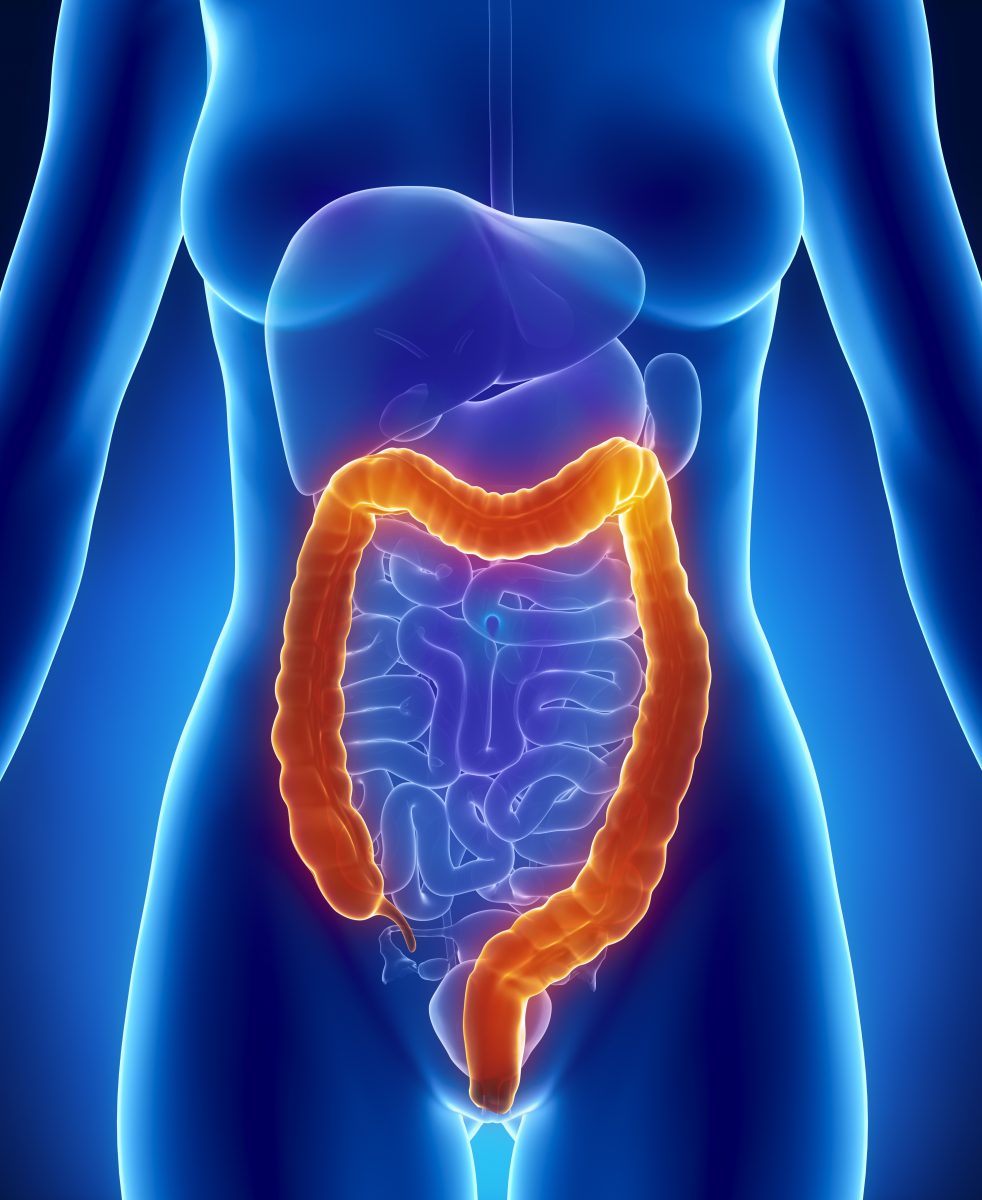 In a recent study entitled “Association of Aspirin and NSAID Use With Risk of Colorectal Cancer According to Genetic Variants,” published in the Journal of the American Medical Association by Indiana University and Indiana University Melvin and Bren Simon Cancer Center researchers, the association between genetic markers and the use of aspirin and NSAIDs to evaluate their benefits in colon cancer risk were assessed.
In a recent study entitled “Association of Aspirin and NSAID Use With Risk of Colorectal Cancer According to Genetic Variants,” published in the Journal of the American Medical Association by Indiana University and Indiana University Melvin and Bren Simon Cancer Center researchers, the association between genetic markers and the use of aspirin and NSAIDs to evaluate their benefits in colon cancer risk were assessed.
In the United States, colorectal cancer is the second leading cause of death by cancer, according to the National Cancer Institute. In 2014, 136,830 new cases of colorectal cancer were estimated, with 50,310 individuals estimated to die from the disease. Prior research has shown that frequent use of aspirin and non steroidal anti-inflammatory drugs (NSAIDs) lowered the risk of an individual to develop colorectal cancer, although their use is not recommended to prevent the disease, as there is still uncertainty associated with the risks and benefits of these measures.
The research team investigated the association between genetic markers and the use of aspirin and NSAIDs to evaluate the actual benefits of their use. They performed a genome-wide analysis of gene × environment interactions between regular use of aspirin and/or NSAIDs and single-nucleotide polymorphisms (SNPs) and the risk of colorectal cancer.
The authors performed a case-control study using data from 5 case-control and 5 cohort studies developed between 1976 and 2003 in the United States, Canada, Australia, and Germany. They included colorectal cancer cases (n=8634) and healthy controls (n=8553). The participants were all of European descent and the databases used included the Colon Cancer Family Registry and the Genetics and Epidemiology of Colorectal Cancer Consortium.
This genome-wide investigation is the first and largest genome-wide analysis of gene × environment interactions. The research team found that the use of aspirin and/or NSAIDs was associated with a lower risk of colorectal cancer, oscillating according to genetic variation at 2 single nucleotide polymorphisms (SNPs) at chromosomes 12 and 15.
“These novel findings have substantial clinical significance,” said Dr. Nan in a news release.
The researchers pointed out that these findings should be validated in additional populations to help targeted colorectal cancer prevention strategies.


